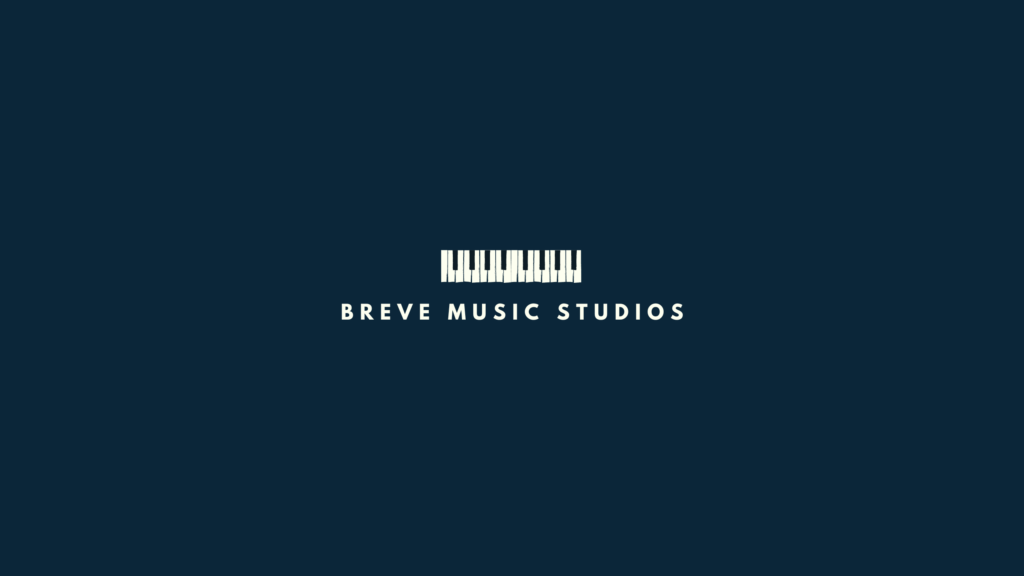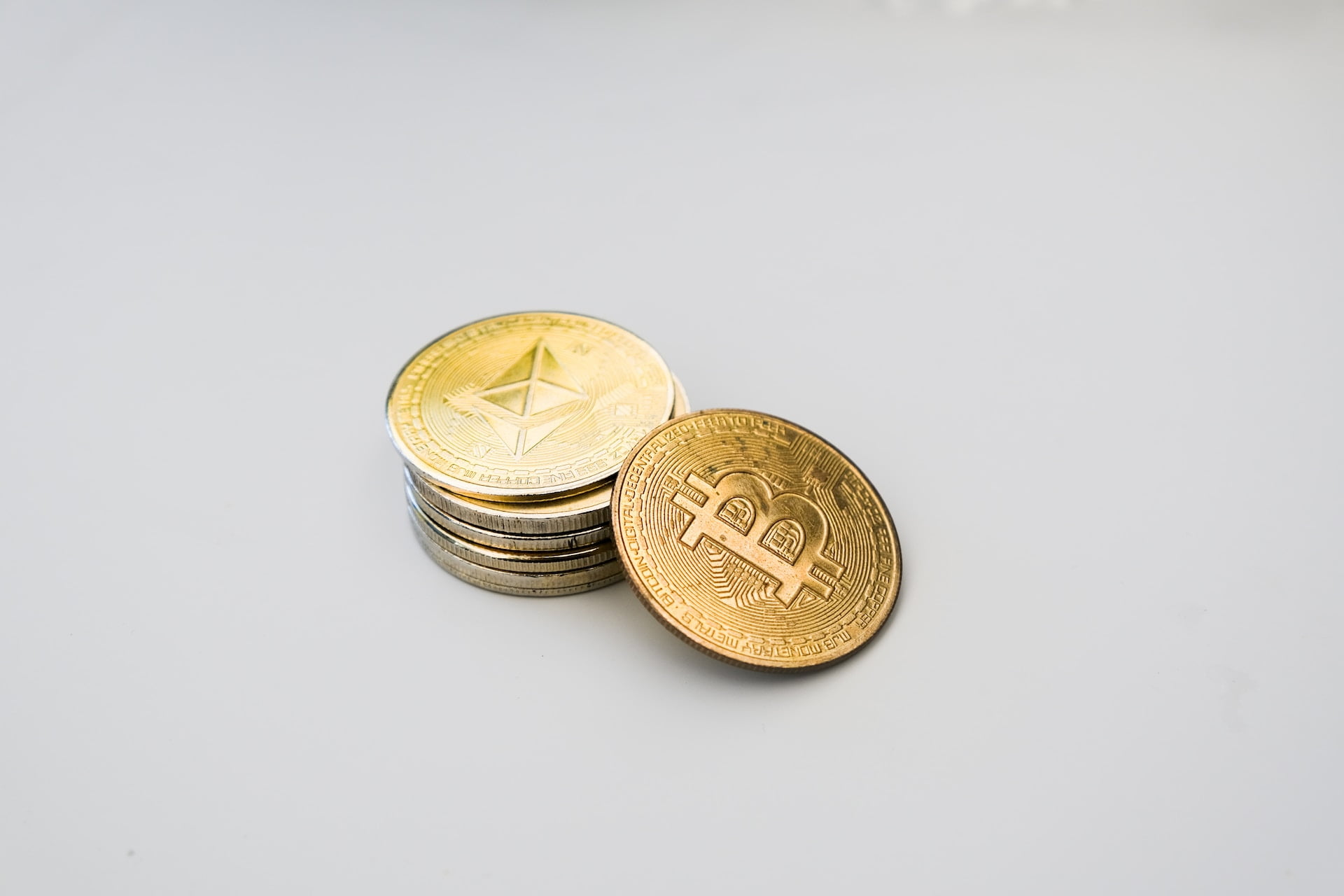Table of Contents
Music NFTs
What is an NFT?
Music NFTs, or non-fungible tokens, are a type of digital asset that represent ownership or proof of authenticity of a piece of music or audio recording. These tokens are stored on a blockchain, which is a decentralized and distributed ledger that provides a transparent and secure way to record ownership and transfer of digital assets.
The emergence of music NFTs has been driven by the increasing interest in blockchain technology and the potential it offers to revolutionize the music industry. Traditionally, the music industry has been plagued by issues related to ownership and distribution of music, with artists often struggling to get a fair share of revenue from their work. Music NFTs offer a new way for artists to monetize their work and connect with their fans in a more direct and transparent way.
Breve Music Studios’ NFTs
Breve Music Studios has its own music NFT marketplace on OpenSea. We also have an art-focused NFT marketplace on Rarible. Check out both to find your favorite collections.
Benefits and Drawbacks of Music NFTs
Curious about why we would use NFTs? Here are a few benefits and drawbacks that come with music NFTs:
Creative opportunities for artists
Music NFTs offer a new way for artists to express themselves creatively, not just through their music but also through the digital artwork and other content that can be included in the NFT. This can open up new avenues for artists to connect with fans and showcase their unique vision and style.
Fan engagement and community building
Music NFTs can also help artists build stronger relationships with their fans by offering exclusive content and experiences that are only available through the NFT. This can foster a sense of community and loyalty among fans, and create new opportunities for artists to connect with their audience.
Potential for democratization of the music industry
Music NFTs have the potential to democratize the music industry by giving independent artists and smaller labels a new way to monetize their music and reach a wider audience. Historically, the music industry has been dominated by a small number of major record labels, which have significant control over the production, distribution, and marketing of music.
With the rise of music NFTs, artists now have a new way to connect with fans and monetize their music outside of the traditional record label model. Music NFTs allow artists to sell their music directly to fans, bypassing intermediaries like record labels and streaming services. This can give independent artists and smaller labels greater control over their music and the ability to monetize their work in new and innovative ways.
In addition to offering a new revenue stream for artists, music NFTs also offer a new way for fans to support their favorite artists directly. By purchasing a music NFT, fans can support the artist’s work and gain access to exclusive content and experiences that are only available through the NFT. This can create a stronger sense of community and loyalty among fans, and give artists a more direct connection to their audience.
Music NFTs can also help to level the playing field for artists who may not have access to the same resources and marketing channels as major record labels. With a well-crafted NFT marketing strategy, independent artists can use social media and other digital channels to reach new fans and build a loyal following. This can help to break down the traditional barriers to entry in the music industry and create new opportunities for up-and-coming artists.
Overall, music NFTs have the potential to disrupt the traditional music industry model and create a more open and accessible market for artists and fans alike. By giving independent artists and smaller labels a new way to monetize their music and connect with fans, music NFTs can help to democratize the music industry and foster a more diverse and vibrant music culture.
Challenges around regulation and copyright
One of the biggest challenges facing the music NFT market is the lack of clear regulations around intellectual property rights and copyright. As the market grows, it will be important to establish clear guidelines and standards to ensure that artists are compensated fairly and that their intellectual property is protected.
The issue of copyrights and regulation is one of the most challenging aspects of the music NFT market. Unlike traditional music sales, where the rights and ownership of the music are clearly defined by copyright law and licensing agreements, the ownership and rights associated with music NFTs are still largely undefined.
One of the key issues is determining who owns the underlying rights to the music that is being sold as an NFT. In many cases, multiple parties may have a claim to the rights, including the artist, record label, music publisher, and others. Without clear guidelines and regulations, it can be difficult to determine who has the right to sell the music as an NFT and how the proceeds should be divided.
Another issue is the potential for copyright infringement, particularly when it comes to unauthorized use of samples and other copyrighted material. While some music NFTs may include original music created by the artist, others may include samples or other copyrighted material that was not cleared for use. This can create legal challenges and liability issues for both the artist and the buyer of the NFT.
There is also the question of how music NFTs should be regulated and taxed. As a new market, there are currently no clear guidelines for how music NFTs should be classified or taxed. This can create uncertainty for artists and investors, and may deter some from entering the market altogether.
To address these issues, there have been calls for greater regulation and standardization of the music NFT market. This could include establishing clear guidelines for ownership and rights associated with music NFTs, creating a licensing framework for the use of copyrighted material in NFTs, and developing tax policies that take into account the unique characteristics of NFT sales.
However, there are also concerns about overregulation, which could stifle innovation and creativity in the music NFT market. Finding the right balance between regulation and innovation will be critical to ensuring the success and sustainability of the music NFT market in the long term.
Integration with other blockchain-based platforms
Music NFTs can integrate with other blockchain-based platforms in a variety of ways, creating new opportunities for artists and fans alike. Some potential examples of how music NFTs could integrate with other blockchain-based platforms include:
- Decentralized music streaming platforms: Decentralized music streaming platforms, such as Audius and Musicoin, could integrate with music NFTs to create a more direct relationship between artists and fans. By using music NFTs as a way to distribute and monetize their music, artists could gain more control over their work and earn a larger share of the revenue generated by streaming. Fans, in turn, could use NFTs to access exclusive content and experiences that are not available on traditional streaming platforms.
- Blockchain-based ticketing platforms: Blockchain-based ticketing platforms, such as GUTS Tickets and Blockparty, could use music NFTs to create a more secure and transparent ticketing system. By issuing NFTs for concert tickets, organizers could ensure that tickets are authentic and cannot be counterfeited or resold at inflated prices. Fans could also use NFTs as a way to access exclusive experiences and perks, such as meet-and-greets with artists or backstage passes.
- Decentralized social media platforms: Decentralized social media platforms, such as Minds and Mastodon, could integrate with music NFTs to create new opportunities for artists to connect with fans and promote their work. By using NFTs as a way to distribute and monetize their music on these platforms, artists could gain a larger following and earn more revenue from their work. Fans, in turn, could use NFTs to support their favorite artists and gain access to exclusive content and experiences.
- Crypto wallets: Music NFTs could be integrated with crypto wallets, such as MetaMask and Trust Wallet, to make it easier for fans to purchase and store NFTs. By using a crypto wallet to hold their music NFTs, fans could ensure that their NFTs are secure and easily accessible, and could easily transfer them to other users or platforms.
Overall, integrating music NFTs with other blockchain-based platforms has the potential to create a more seamless and interconnected music ecosystem, giving artists and fans more control over their work and creating new opportunities for collaboration and innovation.
Potential for new revenue streams for the music industry
Music NFTs have the potential to create new revenue streams for the music industry in a variety of ways. Some of the key ways that music NFTs can generate new revenue include:
- Sales of exclusive music and merchandise: Music NFTs can be used to sell exclusive music and merchandise directly to fans. By creating unique and limited-edition NFTs that include access to exclusive tracks, virtual concerts, or other experiences, artists can generate revenue from fans who are willing to pay a premium for these items. The scarcity of the NFTs also creates a sense of urgency and exclusivity that can drive demand and increase prices.
- Royalties and licensing fees: Music NFTs can be used to track and distribute royalties and licensing fees for music usage. By using blockchain technology to create a transparent and decentralized system for tracking music usage, artists and rights holders can ensure that they are properly compensated for their work, and that revenue is distributed fairly across all parties.
- Fractional ownership of music rights: Music NFTs can be used to sell fractional ownership of music rights, giving fans the opportunity to invest in and own a piece of their favorite artist’s work. This can create a new revenue stream for artists, who can sell a portion of their music rights to fans in exchange for a percentage of the revenue generated by the music.
- Secondary market sales: Music NFTs can be resold on secondary markets, creating a new revenue stream for artists and rights holders. As the value of the NFTs increases, fans who own the NFTs can sell them to other collectors or investors for a profit, creating a secondary market that can generate additional revenue for artists.
Overall, music NFTs have the potential to create new revenue streams for the music industry, giving artists and rights holders new ways to monetize their work and connect with fans. By leveraging blockchain technology to create a more transparent and decentralized music ecosystem, music NFTs can help to create a more sustainable and equitable music industry for all parties involved.
Conclusion
Overall, music NFTs represent a significant development in the music industry that has the potential to revolutionize the way music is owned, monetized, and experienced. As the market continues to evolve, it will be important to address the challenges and opportunities associated with this new technology to ensure that it benefits artists, fans, and the music industry as a whole.
Additional Reading
After reviewing our list of some of the best Woodwind VSTs currently on the market, feel free to check out our other articles.
Do you also use orchestral strings in your mixes? Read our article about the 10 Best Orchestral VSTs. Want to learn about how to collect your music royalties? Read this article to discover more about it.
Breve Music Studios publishes music to Spotify, YouTube Music, Amazon Music and more. Follow our pages on Facebook, Instagram, Twitter, TikTok, and YouTube.
Listen to our ensembles: Breve Orchestra, Breve Music Ensemble, Breve Low Brass Ensemble, Breve Woodwind Ensemble, and Jermaine Harris on Spotify.

Breve Music Studios primarily publishes classical music using virtual instruments. Follow our page on Facebook, Instagram, Twitter, TikTok, and YouTube. Listen to our ensembles: Breve Orchestra, Breve Music Ensemble, Breve Low Brass Ensemble, Breve Woodwind Ensemble, and Jermaine Harris on Spotify.

2 thoughts on “Music NFT on OpenSea | Strong Music Fundamentals 2023”
Comments are closed.